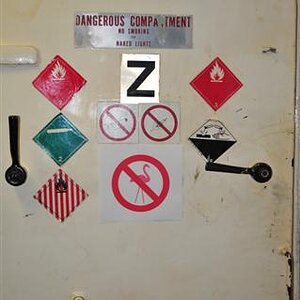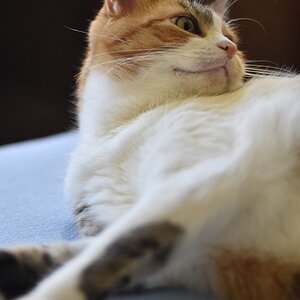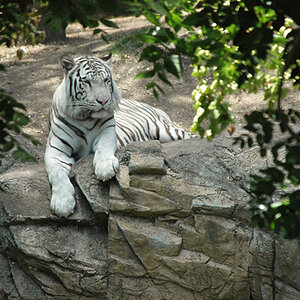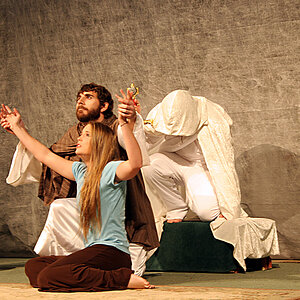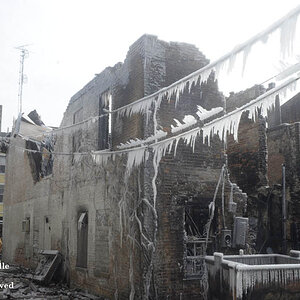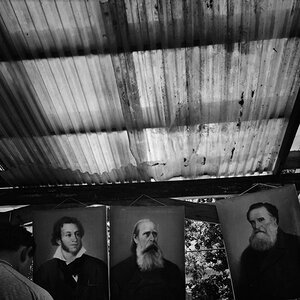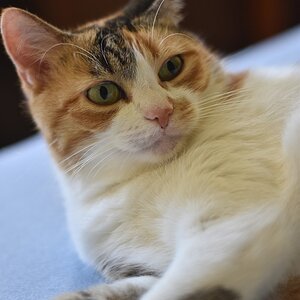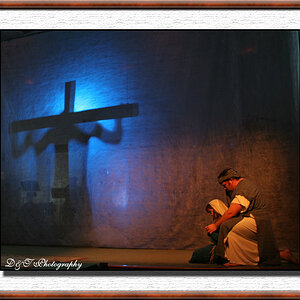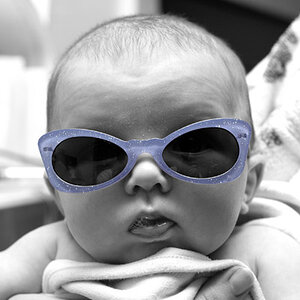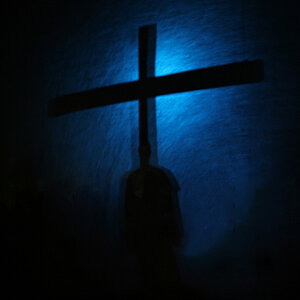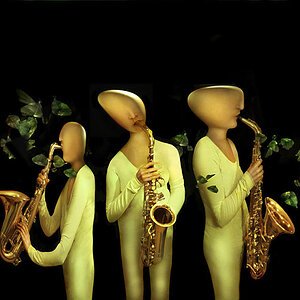slat
Been spending a lot of time on here!
- Joined
- Oct 1, 2016
- Messages
- 3,452
- Reaction score
- 1,043
- Location
- Missouri
- Can others edit my Photos
- Photos OK to edit
Canon T7i, 77D or 80D. I have looked at reviews till my head hurts. I think I have eliminated the 77D because it doesn't seem to perform as well in low light. Is the T7i any better? The 80D seems better in low light but has a lower ISO. I'm looking to buy one buy just can't settle on which one.


